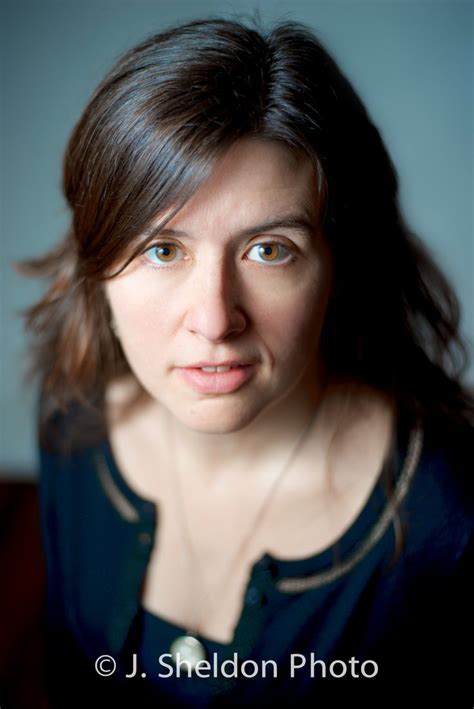A Quote by Mizuki Nomura
When you close the book, does the story end? No! That's such a bland way to read. Every story goes on forever in our imaginations, and its characters live on.
Related Quotes
My readers have to work with me to create the experience. They have to bring their imaginations to the story. No one sees a book in the same way, no one sees the characters the same way. As a reader you imagine them in your own mind. So, together, as author and reader, we have both created the story.
Animation story boarding works differently than live action story boarding. The story crew along with a writer really does shape and create the film - the world and it's characters. We meet almost every day and brainstorm the plot of the film. It's a highly collaborative process - and we continue to improve the story until we literally run out of time.
Every story is flawed, every story is subject to change. Even after it is set down to print, between covers of a book, a story is not immune to alteration. People can go on telling it in their own way, remembering it the way they want. And in each telling the ending may change, or even the beginning. Inevitably, in some cases it will be worse, and in others it just might be better. A story, after all, does not only belong to the one who is telling it. It belongs, in equal measure, to the one who is listening.
A story is a way to say something that can't be said any other way, and it takes every word in the story to say what the meaning is. You tell a story because a statement would be inadequate. When anybody asks what a story is about, the only proper thing is to tell them to read the story. The meaning of fiction is not abstract meaning but experienced meaning.
Literature is an aspect of story and story is all that exists to make sense of reality. War is a story. Now you begin to see how powerful story is because it informs our worldview and our every action, our every justification is a story. So how can story not be truly transformative? I've seen it happen in real ways, not in sentimental ways or in the jargon of New Age liberal ideology.
Perhaps there's another, much larger story behind the printed one, a story that changes just as our own world does. And the letters on the page tell us only as much as we'd see peering through a keyhole. Perhaps the story in the book is just the lid on a pan: It always stays the same, but underneath there's a whole world that goes on - developing and changing like our own world.
My mother lived her life through movies and books - she read everything there was to read. And she read to me every night. I never went to sleep without her reading to me. And she fantasized about the book and she would talk about it, the place, and you would think that after she read the book and after she told you stories about it, that she had actually been there. I learned about story from her, and I learned the value of a great story, and the value of great characters.
I always knew from the beginning that this was the only way to write Then We Came To The End - that it had to be in first - person plural if it was going to illustrate how the individual becomes part of the collective. I had no interest in writing the book in a more conventional voice. It goes back to that fascination I had with telling a story in multiple ways. It was the only choice I gave myself, really - I said "This is it, pal. If you can't tell a story this way, you're going to have to abandon the book. Write it this way or give up."
People come, people go – they’ll drift in and out of your life, almost like characters in a favorite book. When you finally close the cover, the characters have told their story and you start up again with another book, complete with new characters and adventures. Then you find yourself focusing on the new ones, not the ones from the past.
The Danger of a Single Story”, which has resonated with me immensely every time I read it. “Power is the ability not just to tell the story of another person, but to make it the definitive story of that person. The Palestinian poet Mourid Barghouti writes that if you want to dispossess a people, the simplest way to do it is to tell their story, and to start with, “secondly.
The Universe story is the quintessence of reality. We perceive the story. We put it in our language, the birds put it in theirs, and the trees put it in theirs. We can read the story of the Universe in the trees. Everything tells the story of the Universe. The winds tell the story, literally, not just imaginatively. The story has its imprint everywhere, and that is why it is so important to know the story. If you do not know the story, in a sense you do not know yourself; you do not know anything.





































